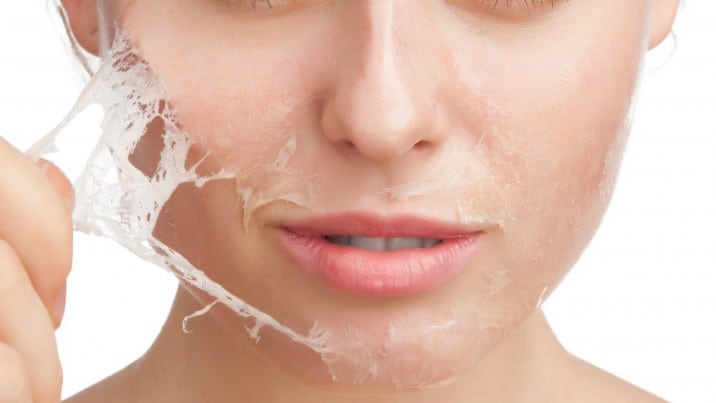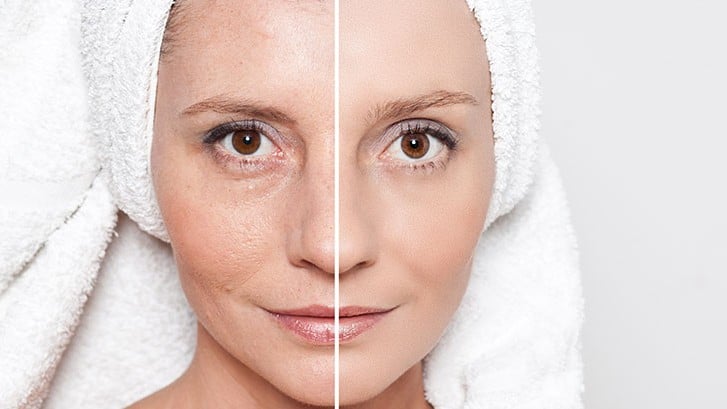The leaves are changing, and the weather is cooling down, and that can only mean one thing: it’s time to transition your skincare routine from summer to winter. While it may seem like a daunting task, don’t worry – we’re here to help! In this blog post, we will discuss five tips for transitioning your skincare routine so you can keep your dewy glow all year long.
Why do you need to change your skincare routine?
The simple answer is that your skin needs different things in different seasons. In the summer, you may have been using lighter products and getting away with less frequent cleansing, but in the winter, your skin will likely be drier and need more hydration. By making a few simple changes to your skincare routine, you can help your skin stay healthy and happy all winter long.
Tips for Transitioning From Summer to Winter Skincare
Just like your wardrobe, your skincare routine needs to be adapted to the colder, drier winter weather. These tips will help you make the transition so your skin can stay healthy and hydrated all season long.
Use a heavier moisturizer
One of the most important changes you can make to your skincare routine in winter is to switch to a heavier moisturizer. If you didn’t need to use a moisturizer in the summer, now is the time to start! In summer, our skin doesn’t need as much hydration because the humidity in the air helps to keep us feeling moist. However, in wintertime, the dry air can strip our skin of its natural moisture, leading to dryness, redness, and flakiness. By using a heavier moisturizer in winter, you can help to combat these issues and keep your skin feeling soft and supple.

Switch to a richer cleanser
If you typically use a gel or foaming cleanser, now is the time to switch to something richer and more hydrating. Look for a cleanser that contains glycerin or hyaluronic acid, which will help to attract and retain moisture in your skin. You may also want to consider using a cleansing oil, which can be particularly helpful for dry, sensitive skin.
Use a hydrating toner
Toners are often overlooked, but they can be a great way to add extra hydration to your skin. Look for a toner with hyaluronic acid or glycerin, which will help to lock in moisture and prevent your skin from feeling dry. Toners are often overlooked, but they can be a great way to add extra hydration to your skin. Look for a toner with hydrating ingredients like glycerin or aloe vera, and apply it after cleansing and before moisturizing.
Exfoliate regularly
Exfoliating is important year-round, but it becomes even more crucial in winter when our skin is more prone to dryness and flakiness. By exfoliating on a regular basis, you can help to slough off dead skin cells and allow your moisturizer to better penetrate the skin. We recommend using an exfoliating cleanser or scrub 2-3 times per week for best results.
Protect your skin from the elements
In winter, it’s important to protect your skin from the harsh elements, including the wind, cold, and snow. Make sure to bundle up when you go outside and don’t forget to apply a lip balm or cream to prevent your lips from becoming chapped. In addition, we recommend using a face cream or lotion with SPF to protect your skin from the sun’s harmful UV rays.

Drink plenty of water
Staying hydrated is important for overall health, but it’s especially crucial for keeping your skin looking its best. Drinking plenty of water helps to keep your skin cells plump and hydrated, which prevents dryness, redness, and flakiness. We recommend drinking 8-10 glasses of water per day for optimal skin health.
See a dermatologist
If you’re still struggling with your skin despite following all of these tips, we recommend seeing a dermatologist. They can help to identify any underlying issues and prescribe medication or other treatments to help get your skin back on track.
We hope you found these tips helpful! Remember, transitioning your skincare routine from summer to winter doesn’t have to be difficult – just make sure to focus on hydration and protection, and you’ll be well on your way to healthy, happy skin.











